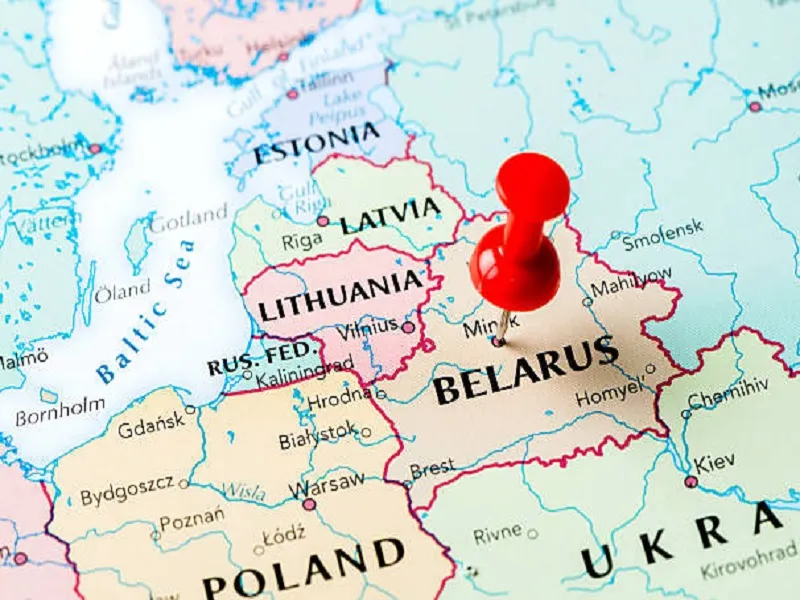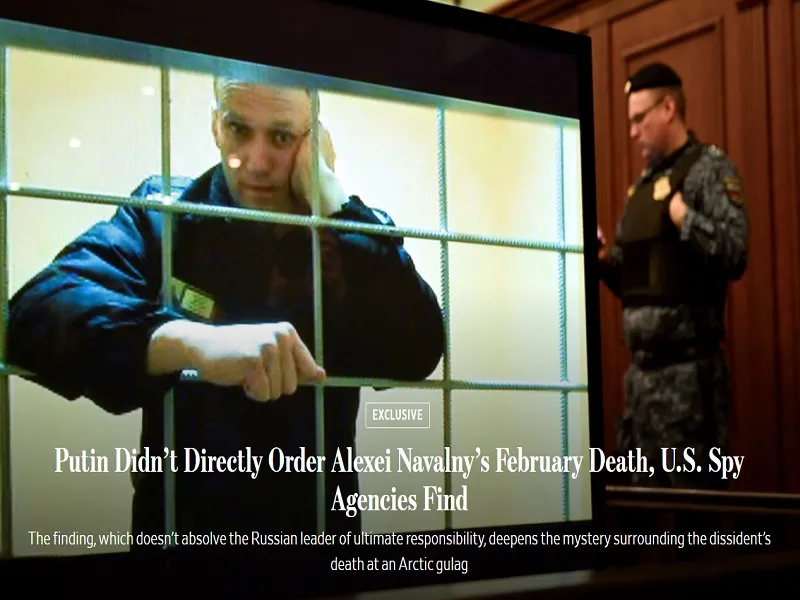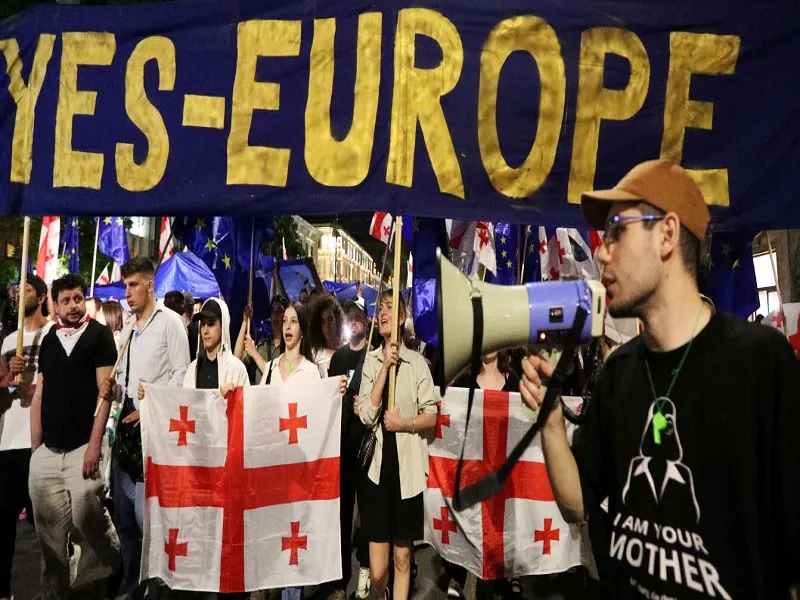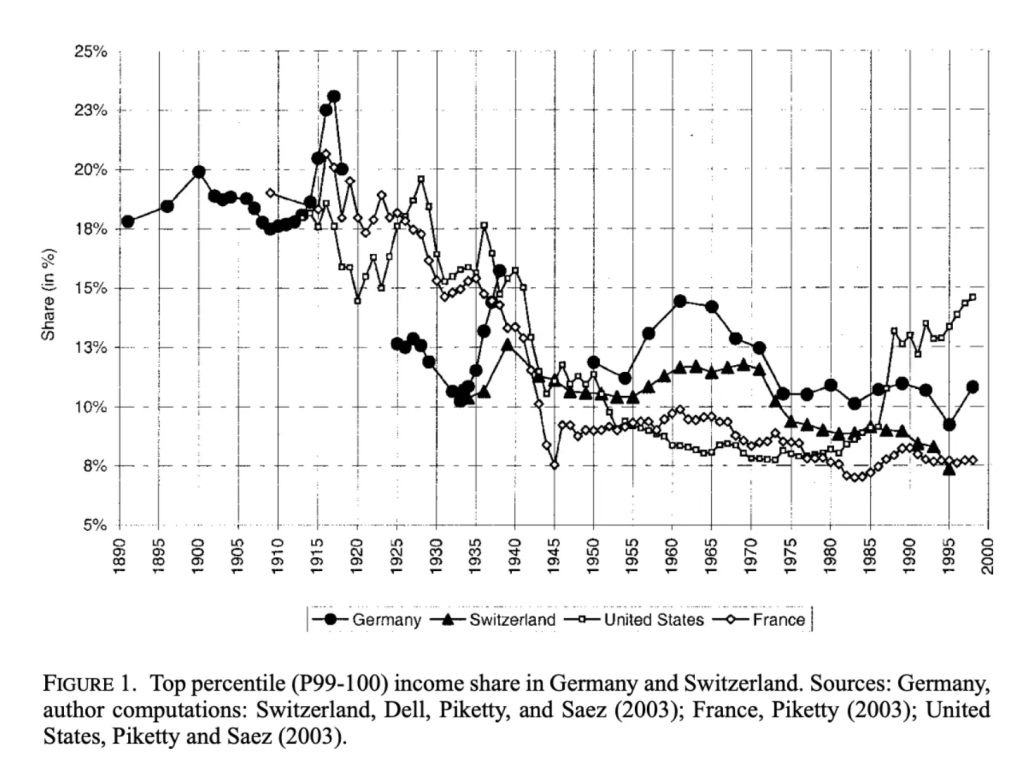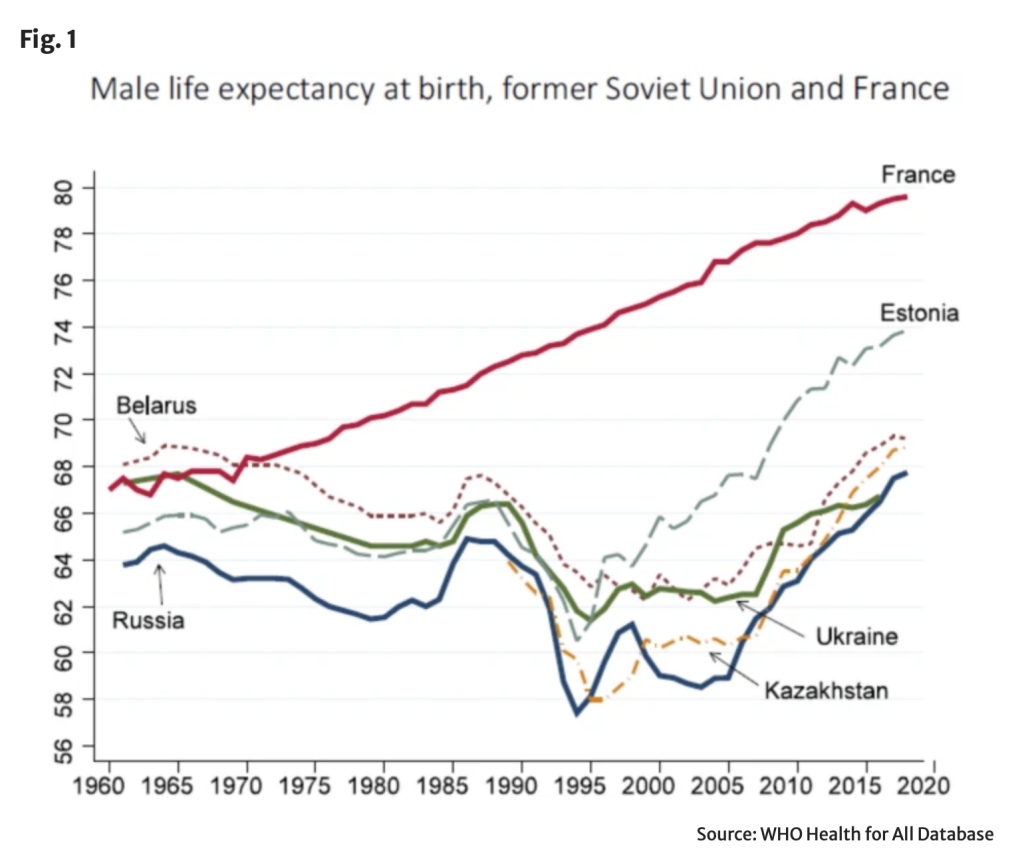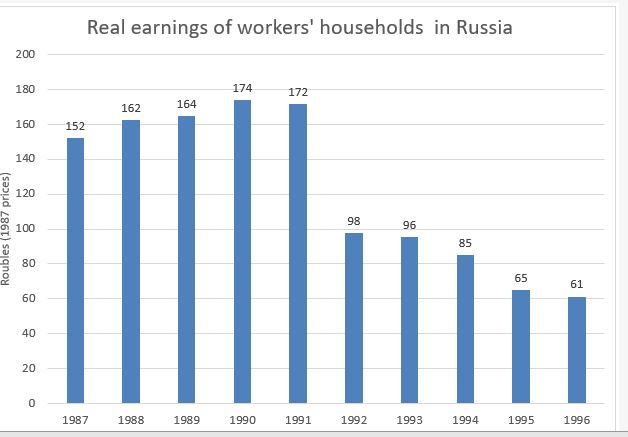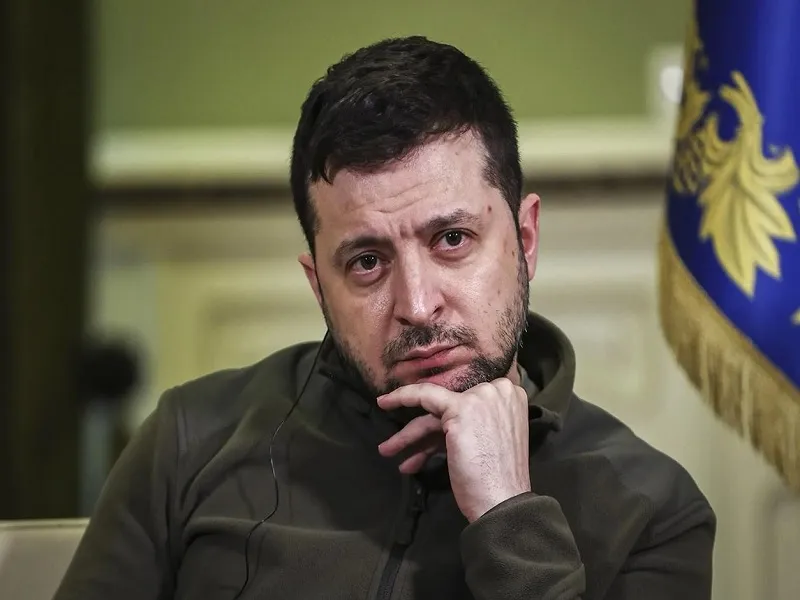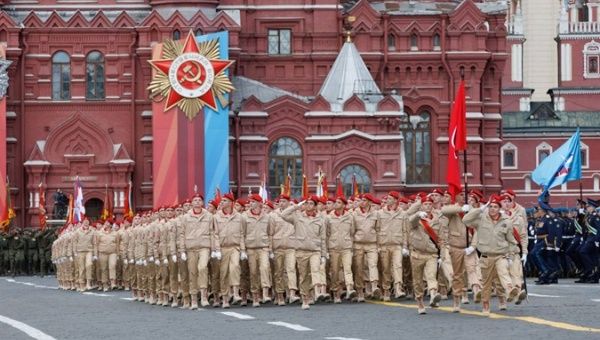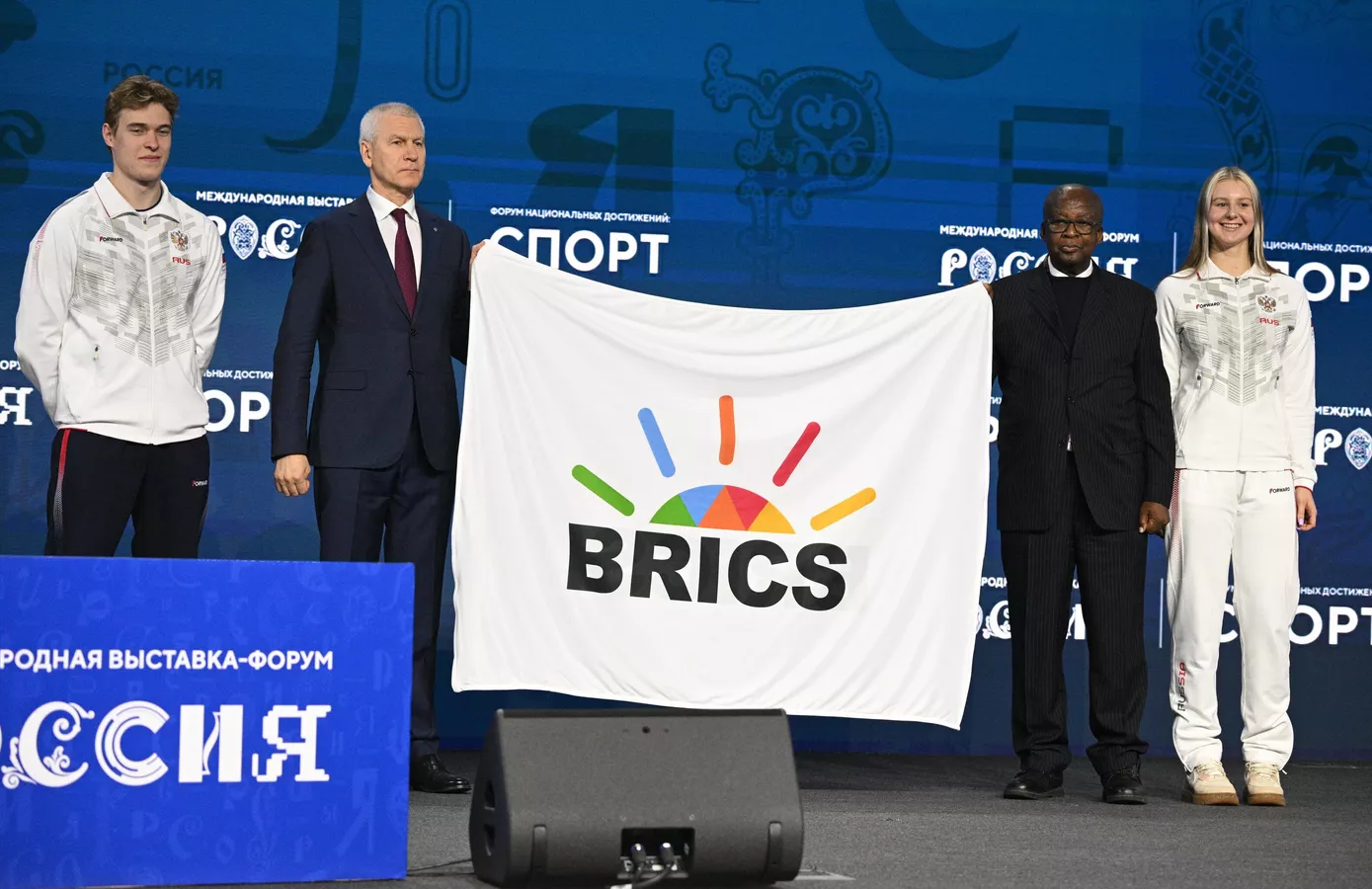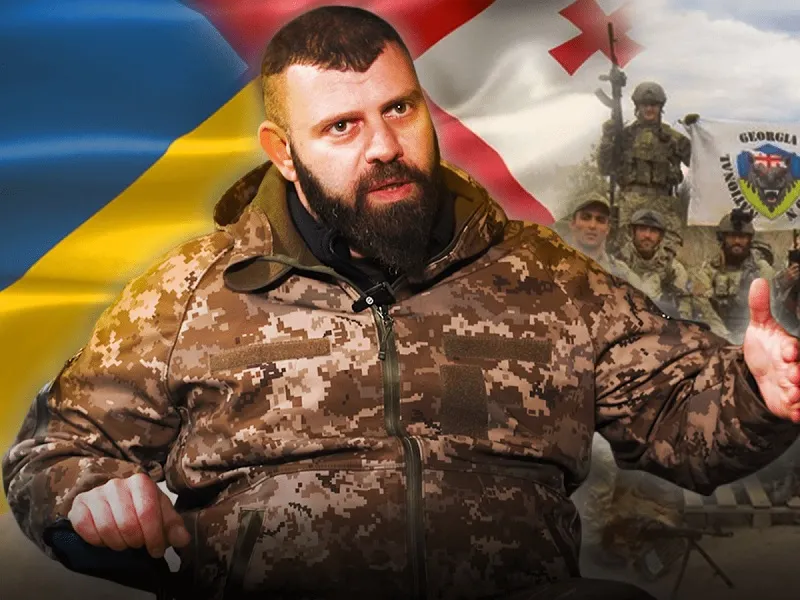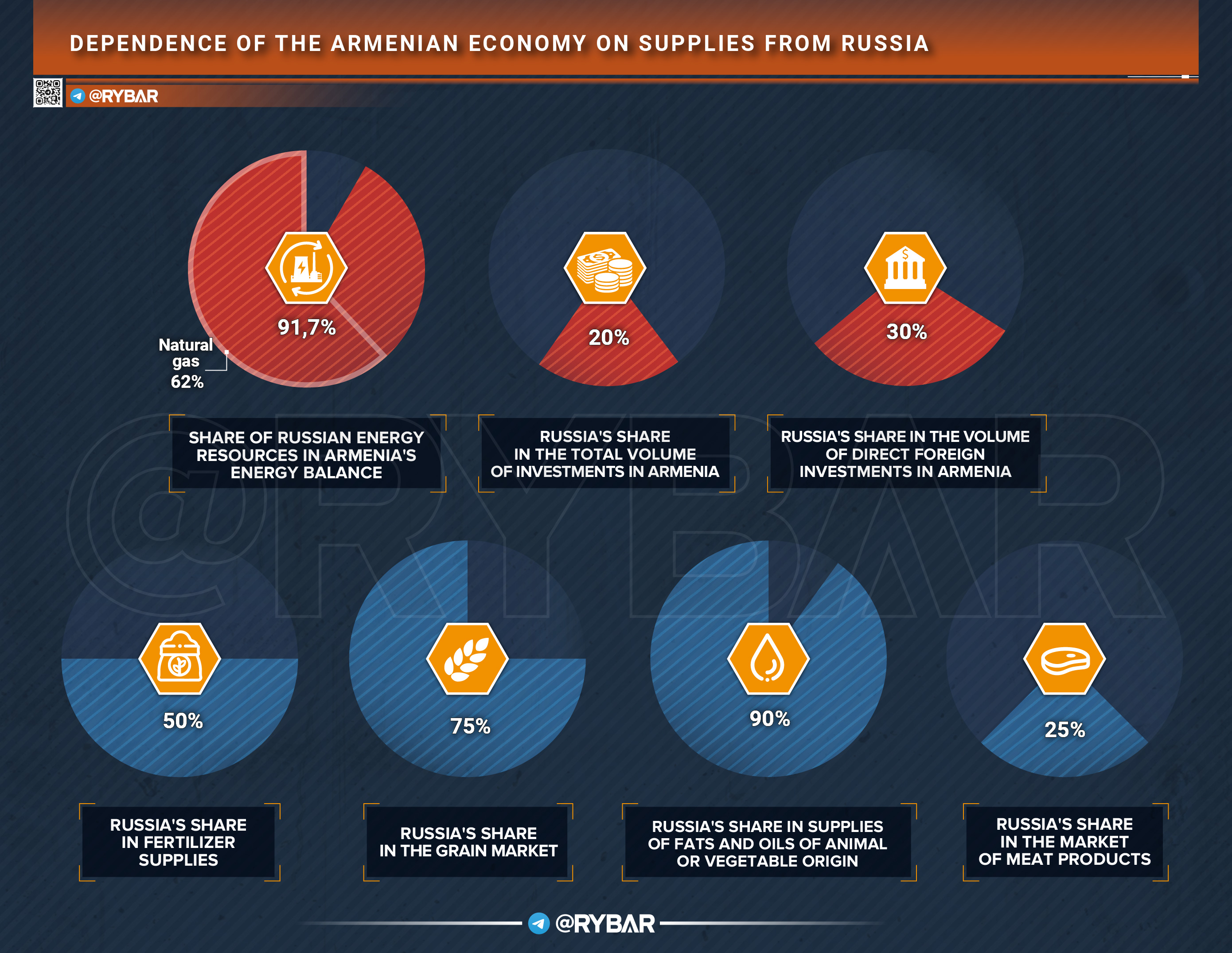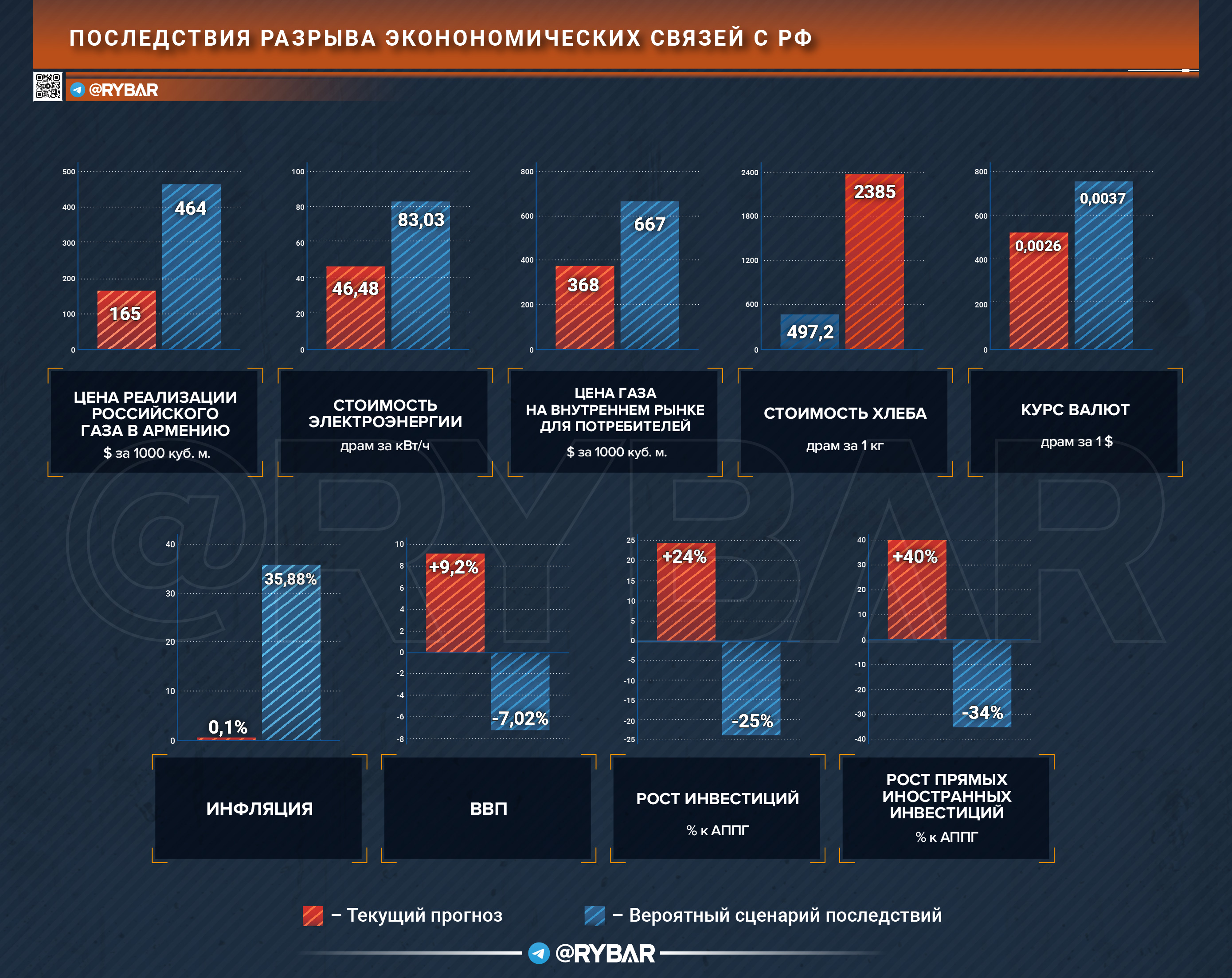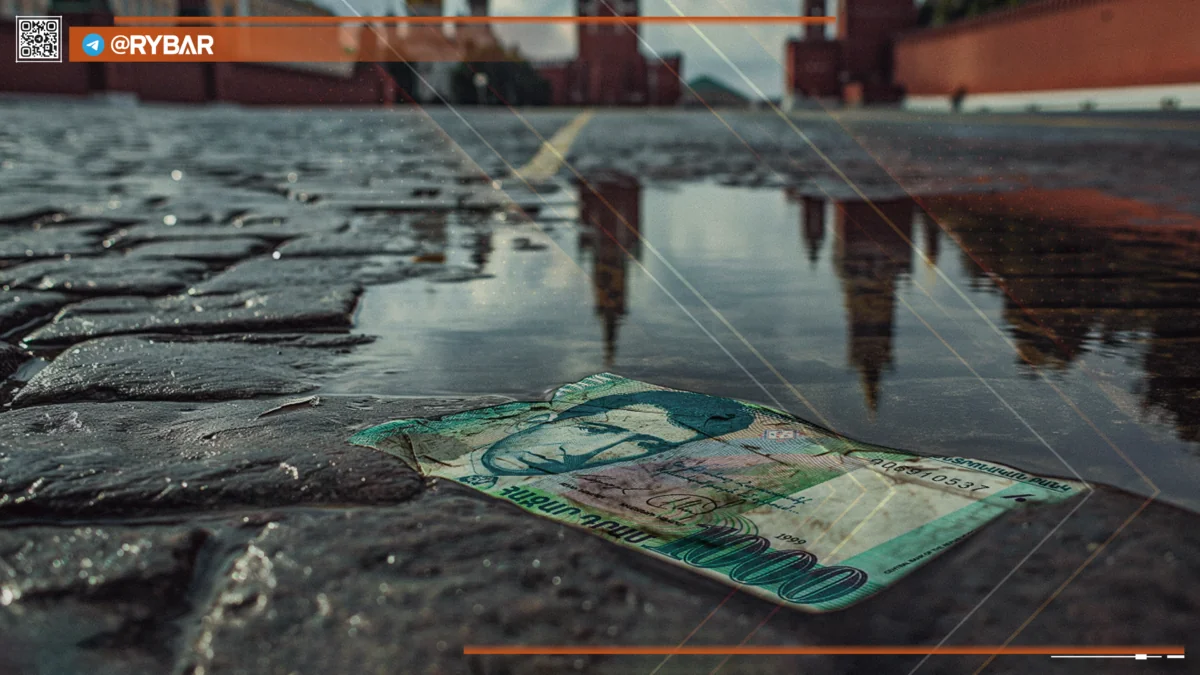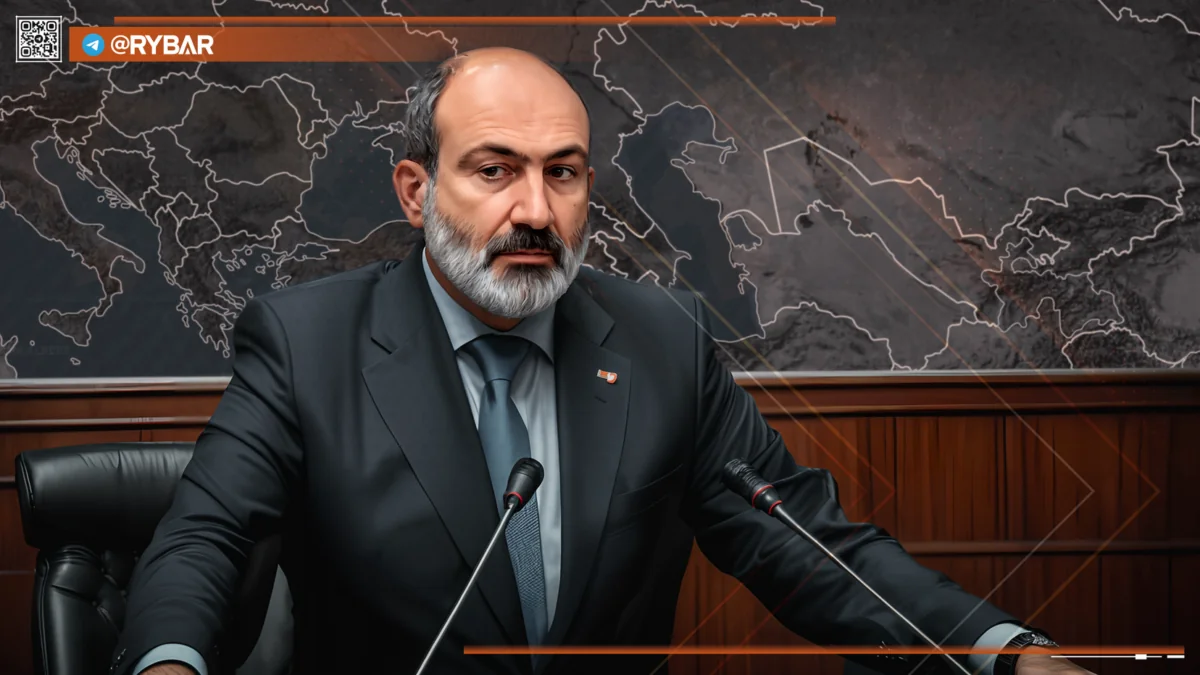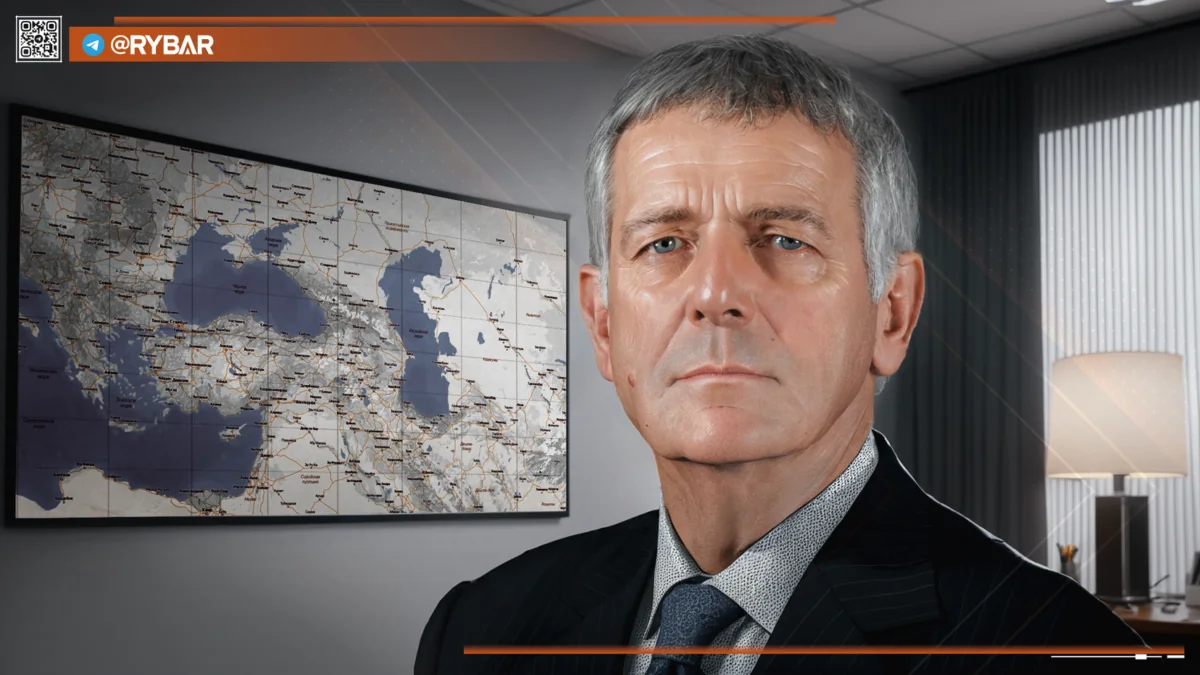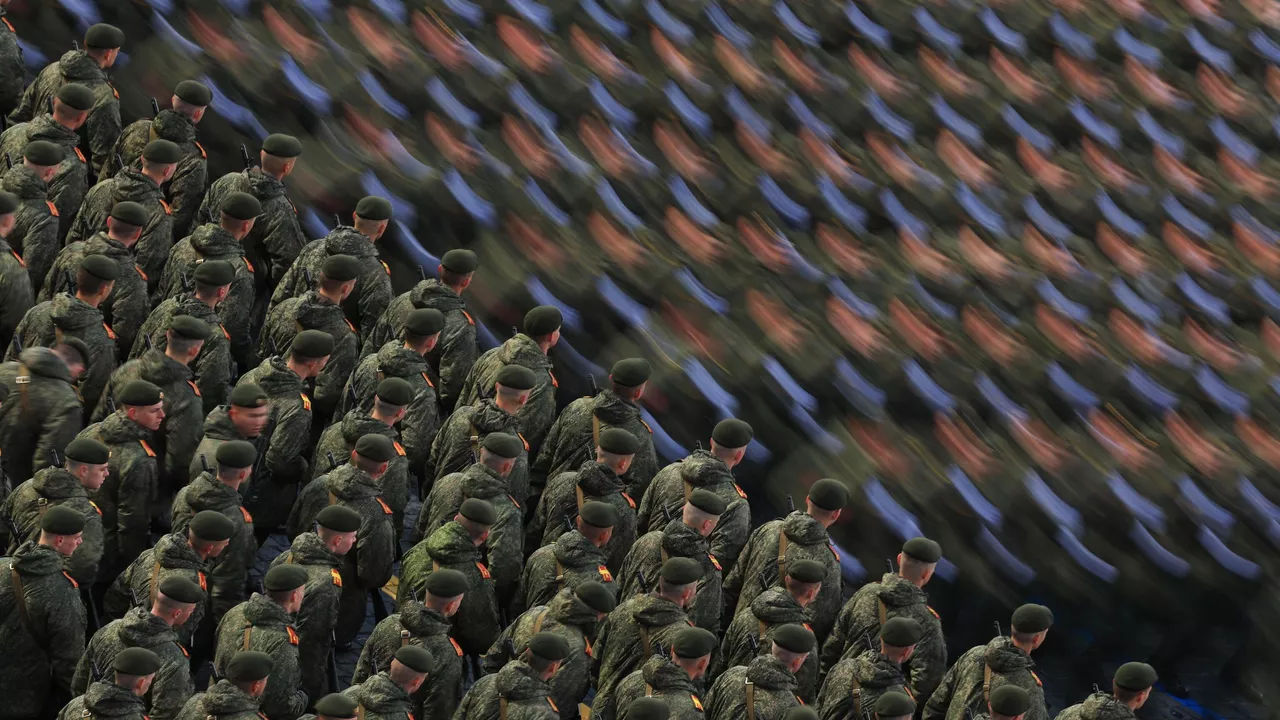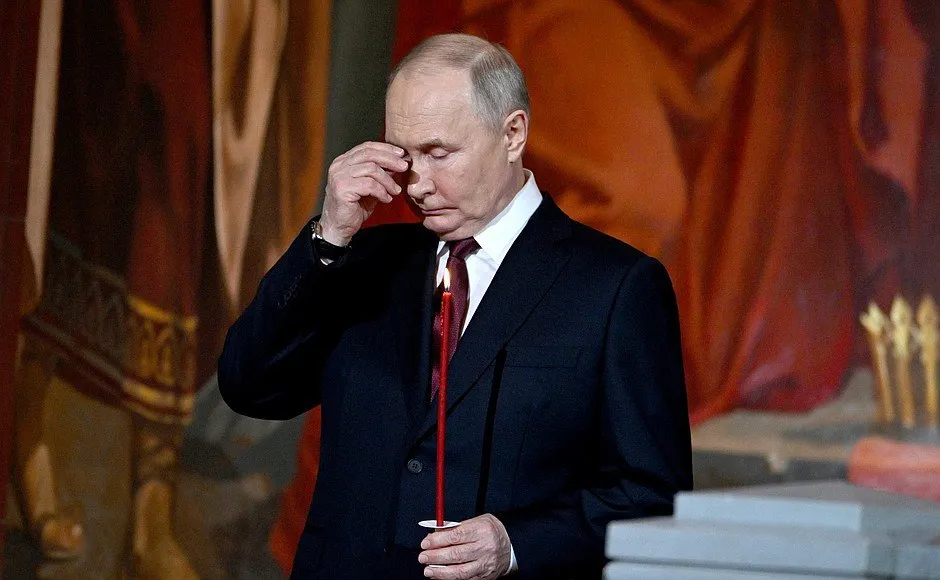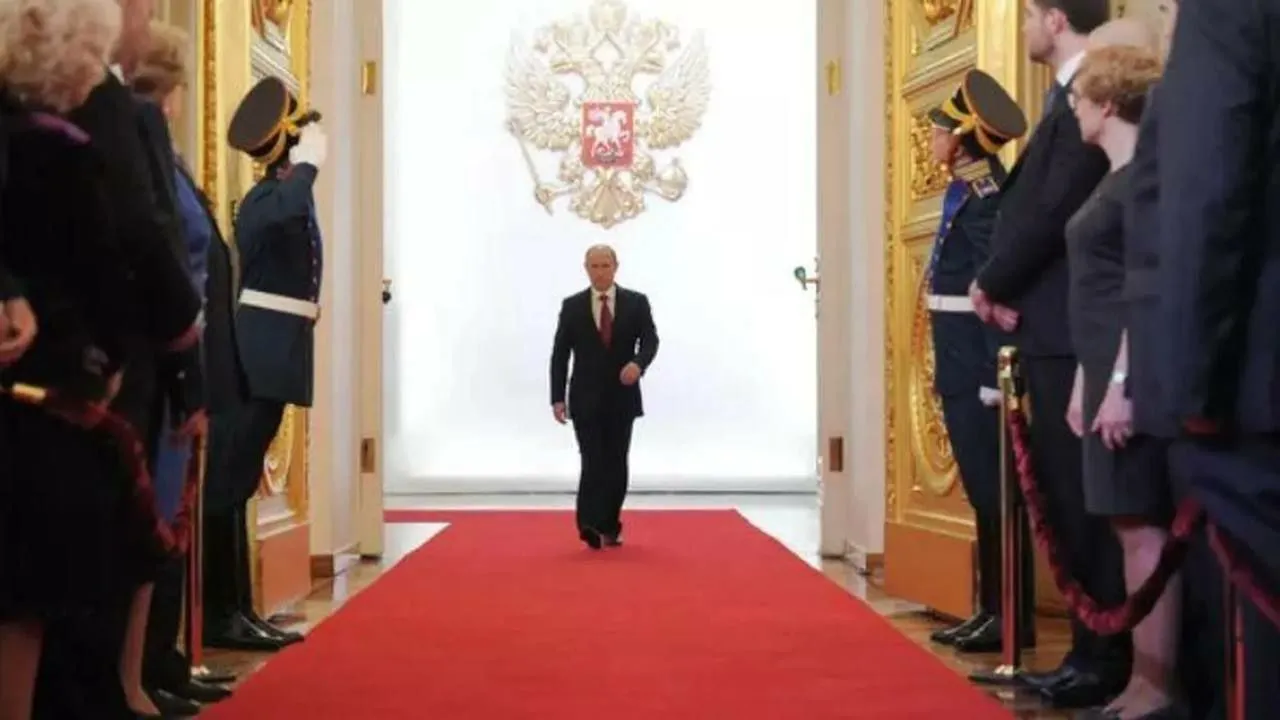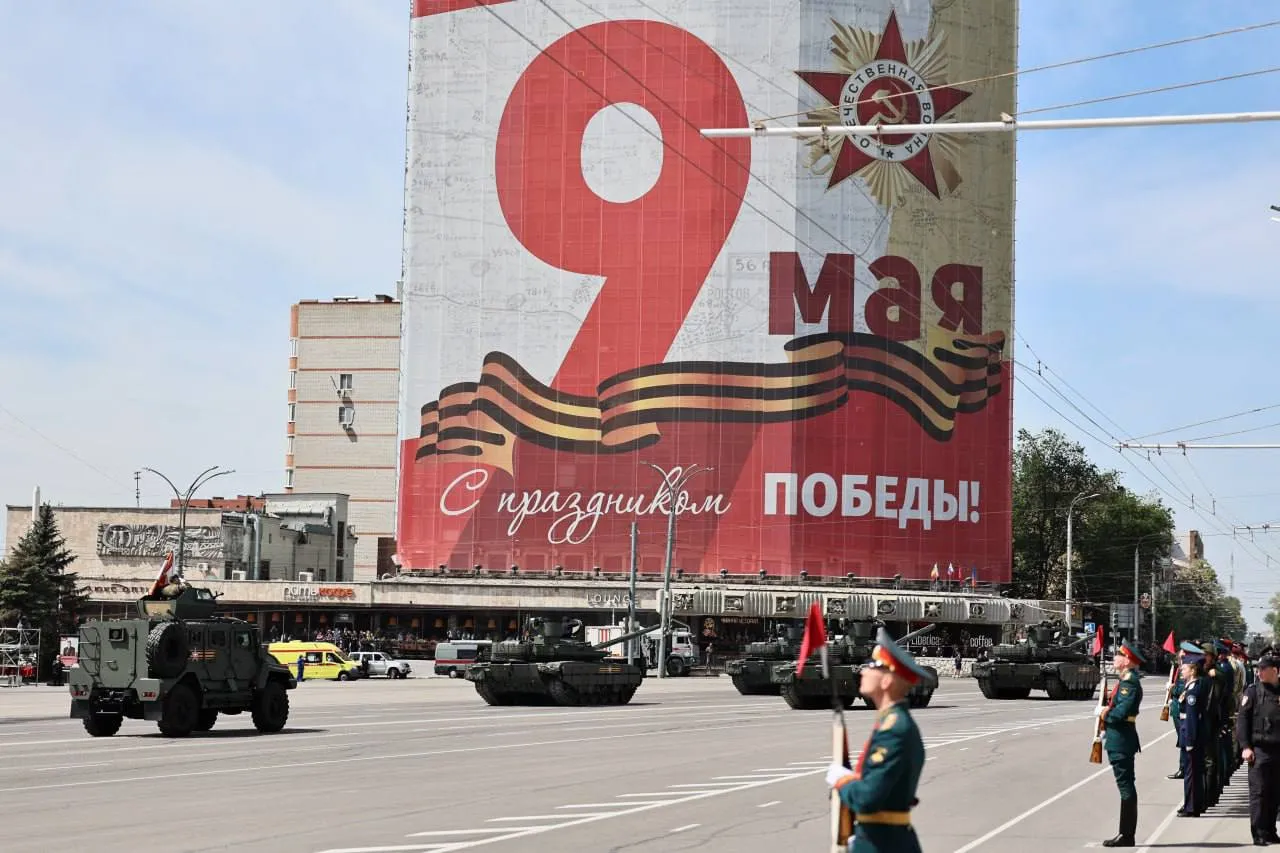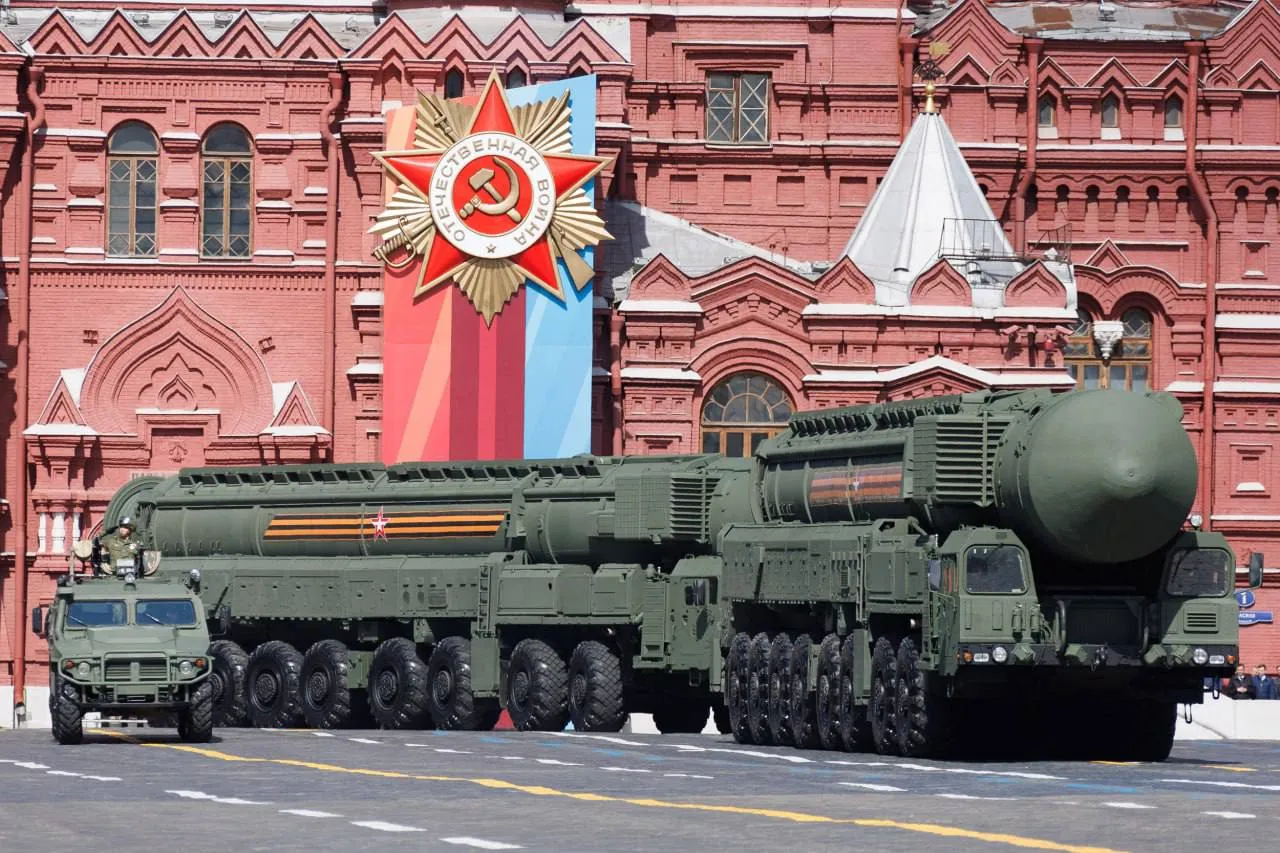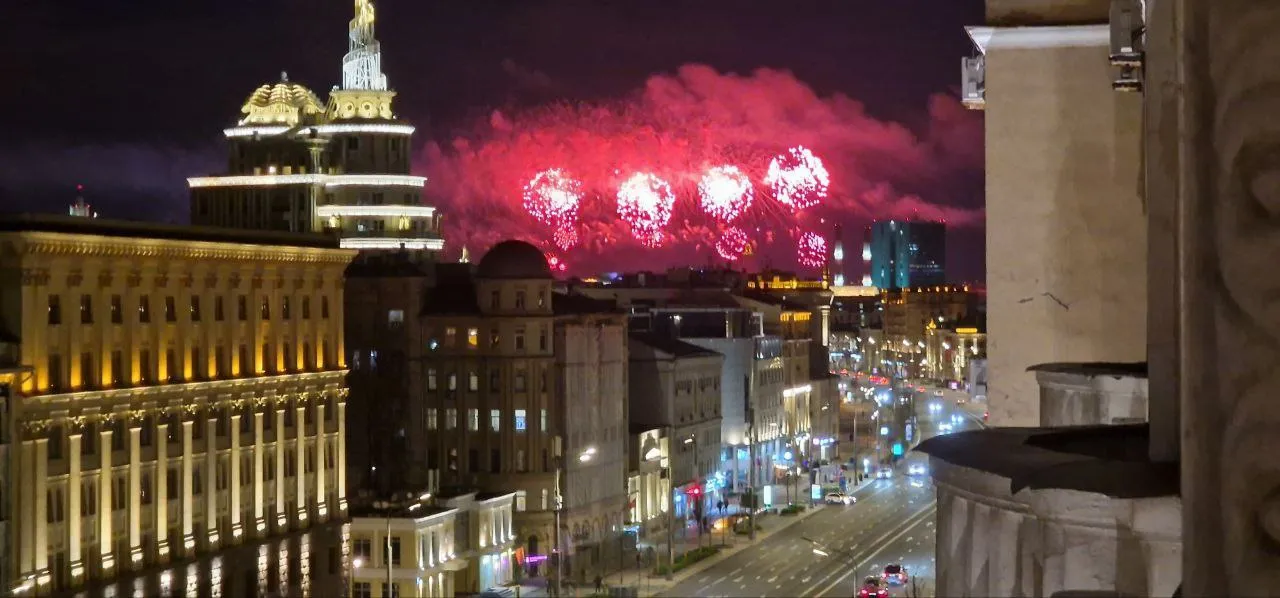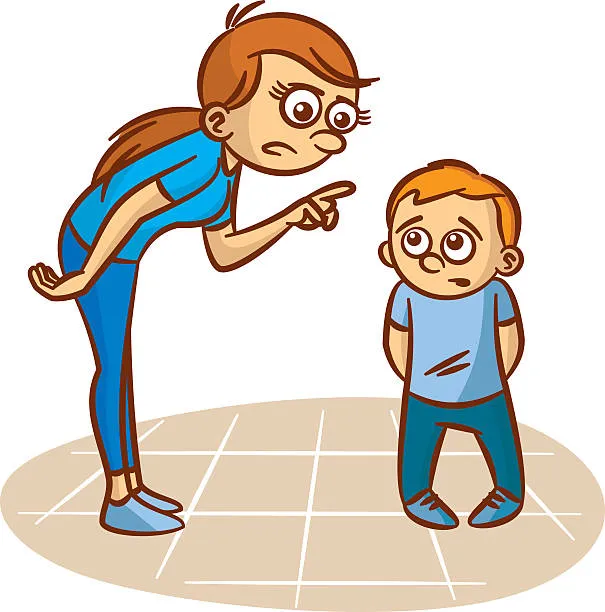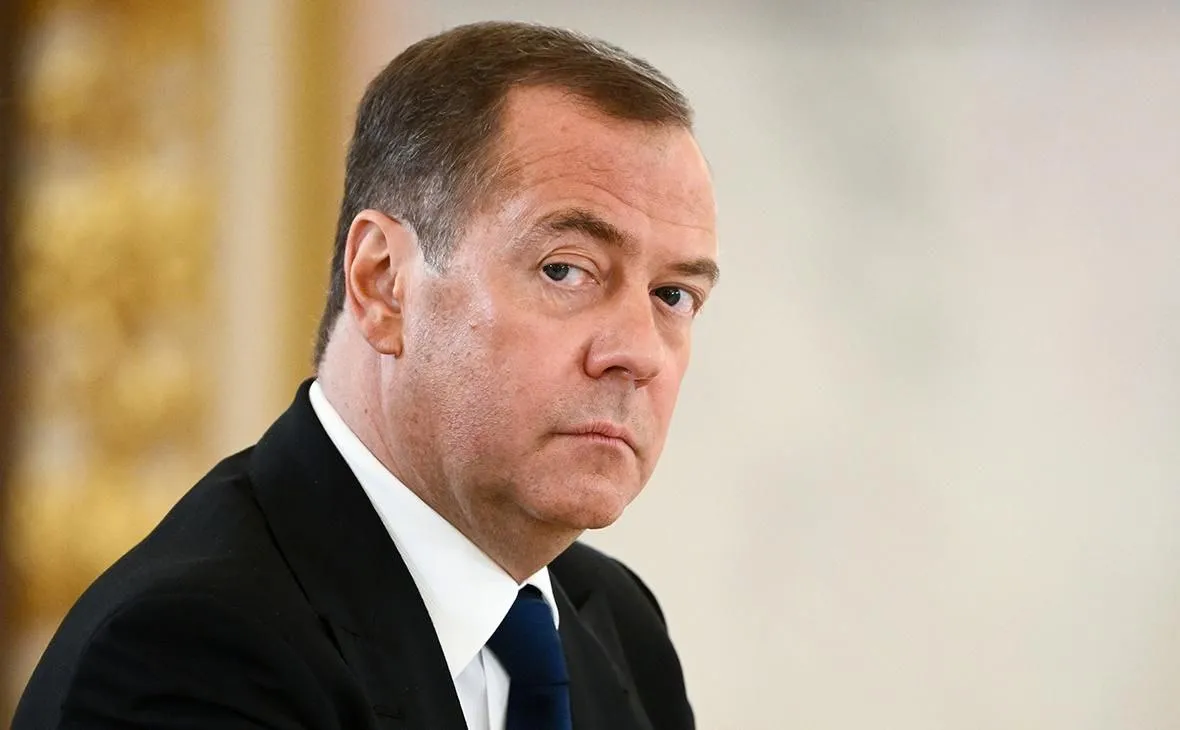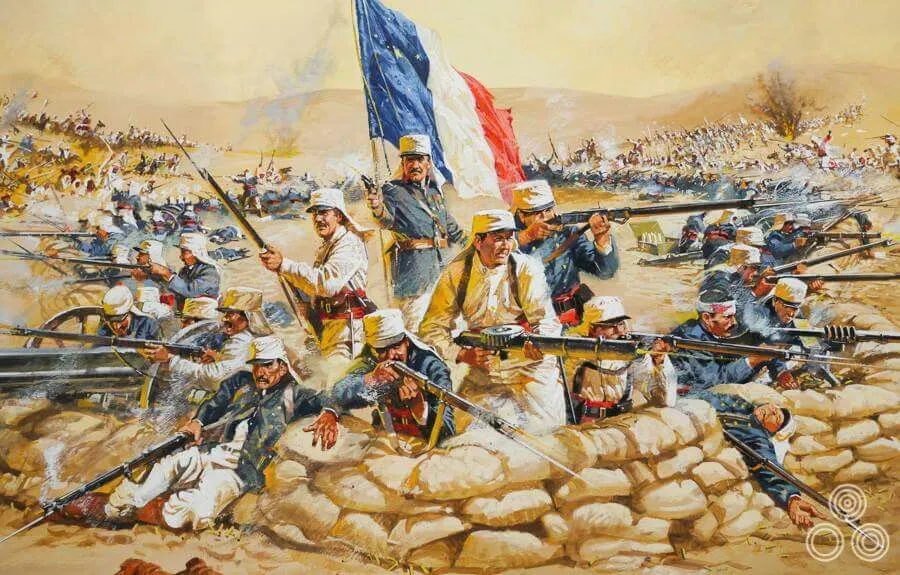RILEY WAGGAMAN: IS PUTIN GOING TO SACK SHOIGU?
APRIL 28, 2024
By Riley Waggaman, Substack, 4/26/24
The arrest of Deputy Defense Minister Timur Ivanov, who is accused of accepting a large bribe, has sparked a great deal of speculation on the Russian Internet. And with good reason.
Ivanov is Shoigu’s man. He served as deputy governor during Shoigu’s brief stint as head of Moscow Oblast before following his patron to the Defense Ministry. (If you’re looking for more background info on Ivanov, Rurik has a fun writeup.)
Also, everyone knew that Timur had been embezzling gazillions of rubles and pocketing gargantuan bribes for a long time. So why cuff him now, just a few weeks before Putin will pick a new cabinet?
It is these two things—the fact that Ivanov is part of Team Shoigu, and the timing of his arrest—which suggest that Ivanov might not be the only high-ranking official to get the boot. This is what patriotic, pro-SMO Russian media outlets are saying, at least.
Here’s a comment from a political scientist published by Nakanune:
It is clear that the official wording of the charge—a bribe of a million rubles—is only the beginning of the process, other charges will be added. Ivanov’s case had been in the works for a long time, the dossier was plump, the president personally issued the order for the arrest warrant and, probably, it is no coincidence that this happened right now, because after May 7, after the inauguration of the president, nominations for the main positions will be made—and this, of course, a signal that our Department of Defense may be about to change.
We need to look at the appointments that will be made; the whole logic of the process suggests that our Minister of Defense may also change.
Read full post here.
Here is further reporting from Reuters.
Arrest of Russian defence minister’s deputy may be strike by rival ‘clan’
By Andrew Osborn, Reuters, 4/26/24
LONDON, April 26 (Reuters) – Sergei Shoigu, Russia’s defence minister, has tried to send a “business as usual” message since his deputy was arrested on a bribery charge. But the widening scandal looks bad for him too, and is seen as a push by a rival clan to dilute his power.
On the surface, the timing of the detention on Tuesday of Timur Ivanov, one of Shoigu’s 12 deputy ministers, was unexpected, coming when Russia is waging war in Ukraine and the authorities have made discrediting the army a jailable offence.
Allegations of graft funding a lifestyle way beyond his means made against 48-year-old Ivanov by the late opposition politician Alexei Navalny’s anti-corruption foundation had been in the public domain for more than a year with no apparent fallout.
Yet this week state TV suddenly showed Russians a perplexed-looking Ivanov – who denies wrongdoing – dressed in full military uniform, standing in a clear plastic courtroom cage of the type that so many Kremlin foes have occupied before him.
His arrest, say Russian political analysts including some former insiders, shows how the war is shaping infighting between the “clans” that jostle for wealth and influence in Russia’s sharp-elbowed political system.
The clans – alliances of like-minded officials or business people – centre around the military, the intelligence and law enforcement agencies, the military-industrial complex and also include a group of people from President Vladimir Putin’s native St Petersburg who have known him personally for many years.
“Someone in the elite didn’t like the fact that Shoigu had grown stronger,” Tatiana Stanovaya, a senior fellow at the Carnegie Russia Eurasia Center, told Reuters.
“This doesn’t comes from Putin, but from people who are close to Putin who think that Shoigu has overplayed his hand. It’s simply a battle against someone and a ministry that has got too powerful and an attempt to balance the situation.”
Abbas Gallyamov, a former Kremlin speechwriter who is now designated as a “foreign agent” by the authorities, said he too saw the arrest as an attack on Shoigu that would weaken him.
“Ivanov is one of the closest people to Shoigu. His arrest on the eve of the appointment of a new government suggests that the current minister’s chances of staying in his chair are sharply declining,” he said.
Ivanov was arrested as a result of an investigation by the counterintelligence arm of the FSB security service, according to Russian state media.
LUCRATIVE MILITARY CONTRACTS
Ivanov’s is the highest-profile corruption case since Putin sent troops into Ukraine in 2022. State media have reported that Shoigu has removed Ivanov from his post.
The scandal comes just two weeks before Putin is inaugurated for a fifth presidential term and before a government reshuffle expected next month at which Shoigu’s job will, in theory, be up for grabs.
Ivanov was in charge of lucrative army construction and procurement contracts and is accused of taking huge bribes in the form of services worth, according to Russian media reports, at least 1 billion roubles ($10.8 million) in return for handing out defence ministry contracts to certain companies.
While few are willing to bet Shoigu will lose his job because of the scandal, given his loyalty to Putin, Ivanov’s arrest is seen as a reversal for his boss, who’s influence and access to the Kremlin chief has been elevated by his key role in the Ukraine war.
The Moscow Times cited a senior government official as calling the arrest a serious blow to Shoigu’s camp and cited a source close to the defence ministry as saying that the arrest was more about politics and “Sergei Shoigu’s weakening position” than about Ivanov.
Shoigu and the top army brass have at times been the focus of vicious criticism from Russian war bloggers and nationalists who have accused him, particularly after a string of retreats in 2022, of incompetence.
Shoigu survived an abortive coup led by Wagner mercenary leader Yevgeny Prigozhin, since killed in a plane crash, who in June last year orchestrated a march on Moscow to try to topple him, but his authority was damaged. Putin said the events could have plunged Russia into civil war.
‘FEASTING IN A TIME OF PLAGUE’
Shoigu had since managed to win back Putin’s trust, but the arrest of his deputy is a renewed setback.
“It indirectly damages Shoigu. Questions arise. How is it that a person who was close to him and who he brought on managed to steal so much under Shoigu’s own nose?” said Carnegie’s Stanovaya.
Sergei Markov, a former Kremlin adviser, has forecast that Shoigu, in post since 2012, will keep his job regardless.
“Everyone is wondering – could this be a signal to Shoigu that he will not be in the next government after 7 May?” Markov wrote on his official blog.
“Calm down. He will be. Shoigu has created a new army since the disastrous year of 2022 which repelled the offensive of the Ukrainian army in 2023. And in 2024, the army is already advancing.”
There is much about the background to Ivanov’s arrest that remains unknown. Multiple theories are circulating in Moscow about whether the bribery accusation is the whole story, with unconfirmed media reports that he may also be accused of state treason, something his lawyer has denied.
Some have suggested that it was perhaps his love of a Western lifestyle at a time when Putin says Russia is engaged in an existential struggle with the West that may have been his downfall.
Others believe his family’s fondness for luxury European holidays, yacht rentals, Rolls-Royce cars and opulent parties was fine before the war but was now seen as “feasting at a time of plague”, a Russian literary reference.
Shoigu has remained silent on the scandal, inspecting a space launch facility this week as if nothing had happened.
The Kremlin has told journalists to rely solely on official sources and has said that the often vast construction projects which Ivanov oversaw – such as the reconstruction of the Ukrainian port city of Mariupol – will not be affected. ($1 = 92.2705 roubles)
https://natyliesbaldwin.com/2024/04/ril ... ck-shoigu/
(Would you care for some cheese with this liberal(liberal/libertarian, what's the dif?) whine from 'that other' Bell?)
THE BELL: RUSSIA’S WARTIME WEALTH REDISTRIBUTION
APRIL 29, 2024 NATYLIESB
The Bell, 4/5/24
Nationalizations in Russia begin to hit smaller firms
Since the full-scale invasion of Ukraine, there have been a wave of high-profile nationalizations in Russia, mainly affecting big business people and powerful officials. Now, however, there are more and more cases of the state seizing relatively minor assets from low-level tycoons, and even those without any significant personal wealth.
Significant incidents involving the state seizure of assets from wealthy Russians amid the war in Ukraine include auto trader Rolf (owned by former opposition parliamentary deputy Sergei Petrov) and chemical company Metafrax. In January, Russian prosecutors even ordered 13 plots of land along Moscow region’s prestigious Rublyovskoye Shosse be seized by the state (Rublyovka has long been regarded as Russia’s Millionaire’s Row).
In a significant legal dispute over the nationalization of a magnesium factory in the central Russian city of Solikamsk, prosecutors Wednesday stated that they do not believe the apparently legal acquisition by minority shareholders of a stake in the plant on the Moscow Exchange was made in good conscience. This is a major case, which appears to be setting a precedent for further seizures.
The most recent target for nationalization is Russia’s biggest pasta company: Makfa. At the end of last month, it emerged that prosecutors had filed a lawsuit for the state to seize Makfa, and dozens of related companies. They estimated the combined value of the companies at about $500 million.
The lawsuit names businessmen Mikhail Yurevich and Vadim Belousov as Makfa’s beneficiaries. In the 1990s, the two men privatized pasta and flour plants in the Ural mountains Chelyabinsk Region. Like many other such business people, Makfa’s owners went on to enter politics. Yurevich became mayor of Chelyabinsk, a city of 1.2 million people, then governor of the region. Belousov was a parliamentary deputy from 2011 to 2023. The justification for nationalizing Makfa is that, after the two were elected to government roles, they continued to do business. But this seems a very thin excuse – hundreds of other Russian entrepreneurs followed a similar path.
Nationalizations have even begun to affect ordinary homeowners. Russian-installed officials in the occupied Ukrainian region of Zaporizhzhia this week announced their intention to pass a law to nationalize “abandoned” Ukrainian houses. While details are unclear, it seems that anyone who leaves the area could potentially lose their property. The authorities are promising to transfer nationalized housing to doctors, teachers and construction workers.
Why the world should care
Russia appears to be undergoing its greatest redistribution of wealth in three decades. The idea of 1990s privatization was to create a new capitalist class that would help prevent a return to Communism. Now, asset transfers appear designed to boost loyalty to the Kremlin.
Russia’s ballooning budget deficit
Russia’s budget deficit has almost reached its planned annual limit (1.6 trillion rubles) in the first two months of this year, according to Finance Ministry figures. At the end of February the deficit stood at 1.5 trillion rubles. At the same time, spending in January and February hit 6.5 trillion rubles – up 17.2% on the same period a year ago.
How significant is this? Last year’s deficit came to 3 trillion rubles ($32 billion), and economists expect Russia to surpass that this year. However, Russia’s budget deficit isn’t big by global standards. In 2023, the deficit amounted to 1.9% of GDP, in 2022 it was 2.1%. That’s lower than the European maximum, established in 1992 with the creation of the European Union. Russia also has low levels of debt.
Amid the war in Ukraine, the main source of funds to plug the deficit has been Russia’s rainy day fund, the National Welfare Fund (NWF). The cost of supporting Russia’s economy has almost halved the fund’s liquid assets from 8.9 trillion rubles before the invasion of Ukraine to 5 trillion rubles at the beginning of this month.
Such a drop, however, is not critical, according to economist Dmitry Polevoy. The remaining liquid part of the NWF amounts to about 3.3% of GDP, which is better than the 2019 minimum of 2.1 trillion rubles (1.5% of GDP).
The NWF is usually topped up with windfall oil revenues. But this year its liquid assets are likely to dwindle further.
Finance Minister Anton Siluanov said late in 2023 that liquid NWF funds could be exhausted this year if oil prices plunge. The average price for Russian oil would have to fall to $48 a barrel for this to happen (if spending remained as planned), an economist at one of Russia’s leading investment banks calculated for The Bell.
Why the world should care
The extent of Russia’s budget deficit does not tell you very much about the country’s financial stability – it’s more important to look at where the money is coming from to pay for it. The fact is that, as long as oil prices remain relatively high, Russia will have plenty of cash to continue running deficits of this size.
https://natyliesbaldwin.com/2024/04/the ... tribution/
******
RT’s Cross Talk: discussion of the $61 military and financial aid package for Ukraine now signed into law
In today’s edition of Cross Talk, I was pleased to join host Peter Lavelle and Sputnik International political analyst Dmitry Babich for a discussion of likely consequences of the newly signed law appropriating $61 billion in aid to Kiev.
Put in simplest terms, this aid package will prolong the war, continue the decimation of Ukraine’s male population and the destruction of its economic viability. It may also hasten our descent into WWIII.
RT programs are subject to intense censorship in the USA and Europe. The links below may or may not work depending on your jurisdiction:
https://odysee.com/@RT:fd/CT2904-:c
https://rumble.com/v4s796n-crosstalk-bu ... efeat.html
https://www.rt.com/shows/crosstalk/5967 ... l-ukraine/
Transcription below by a reader
Peter Lavelle 00:15
Hello and welcome to Crosstalk Bullhorns. I’m Peter Lavelle. Here we discuss some real news. With the passage of Biden’s huge foreign aid bill, it is important to ask, what is next? What is really the purpose of this aid? To help Ukraine win or only just starve off defeat? For now. To discuss these issues and more, I’m joined by Gilbert Doctorow in St. Petersburg. He’s an independent political analyst and author of memoirs of an expat manager in Moscow during the 1990s. And here in Moscow we have Dmitry Bobich. He is a political analyst at Sputnik International. All right, gentlemen, Crosstalk rules in effect. That means you can jump any time you want, and I always appreciate it.
00:51
All right, let’s start out with Dima here in Moscow. Well, we’ve had a week now to kind of digest the passage of Biden’s huge foreign aid bill, in an election year, of all things. And, of course, we have the bipartisan consensus of foreign wars and intervention. You saw the results after the vote was taken on the House floor with the waving of the flags and everything. For a lot of people in Congress it was a feel-good thing, but at the end of the day, even in mainstream media that is hardly fair or unbiased towards Russia, they’re even asking the same questions that all of us have been asking all along. I mean, fine, you can dedicate money and weapons, but is it going to make any difference? After a week of this here, Dima, what do you think?
Dmitry Babich 01:45
Well, first, some people just don’t understand that a huge part of this 61 billion that is going to be spent on Ukraine, a huge part of it is going to be spent for previous deliveries. I mean, the budget is going to compensate Pentagon for the deliveries that it already made, for the expenses that it already made. About 11 billion are actually going to be spent on NATO troops, American troops next to Ukraine, right?
And the other thing is that even though– I think it was Trump who insisted on that via Mike Johnson– even though formally it is a loan, I like the phrase from Senator Thomas Tuberville, a Republican from Alabama. He said, “Don’t let yourself be fooled. Not a dollar of this is going to be paid back. It’s not a loan.” We know the regime that exists in Ukraine since 2014. Once they get the money, forget it, you know, they never pay back. So basically, I think everyone is worse off. The war will continue longer. More people are going to die, probably in areas far removed from the frontline, because Zelensky will buy himself or just get for free long-range missiles. The American taxpayer will never get his or her money back.
03:16
And, again, Tuberville said, “Don’t let yourself be fooled; none of this is going to be paid. We’re going to print these dollars or we’re going to borrow it from China.” If Americans are concerned about their dependence on China, it’s going to increase.
Peter Lavelle:
Yeah, well, Dima, and I’ll throw it over to Gilbert, I mean, if you read the fine print of the bill, it’s a sweetheart loan. You don’t have to pay it back. It’s in the bill itself, it was marketed in a very different way. But if you look at the black and white, it is an absolute giveaway. Gilbert, I mean, it seems to me, and all of us have been watching this very closely, not since 2022, but since 2014, at the very least; much longer, actually, in many ways. This is just to starve off defeat. They don’t have a plan to win. They just want to avoid losing, I guess because it’s an election year. Gilbert.
Gilbert Doctorow: 04:09
No, I agree completely with this. And it is a substantial consensus among experts. But I wouldn’t necessarily say just opposition people, opposition to the Washington narrative. But even in mainstream, there is a consensus that this is not going to save, give Ukraine the possibility of recovering its territory. That is a lost cause. I think the consensus of experts, even moving into mainstream, is coming close to what Jacques Baud was saying about four months ago, that this war has nothing to do with Ukraine. It has everything to do with the West and Russia.
04:47
And Ukraine is being used and abused by the West callously, viciously actually, to the maximum extent to cause harm to Russia. I think what is more troublesome, more worrisome for us all, is not the 61 billion that’s been appropriated for military and budgetary assistance to Ukraine. It is what is going on just under the radar and not very far below it, because it is being picked up by some astute people. And by that I mean the dispatch to Ukraine of advisers, advisers to assist with the most advanced equipment is now scheduled to be delivered to Ukraine. This takes us back to where we were in the 1960s with the American advisers in Vietnam. And that was a time when there was still an understanding of red lines to prevent a direct military clash between the superpowers. That has gone away. There is no recognition of red lines, as Mr. Macron said in a very prevocative way, but in an accurate way, and the possibility of this escalating further, incrementally, is really there.
06:06
We have more and more NATO advisers coming in. We have more and more targeting of those NATO advisers by the Russian Ministry of Defense. And sooner or later, this becomes explosive.
Peter Lavelle:
Well, Dima, of course, I mean, many will say that this is going up the escalation ladder for the very reason that Gilbert just mentioned, is that you’re going to see more and more NATO troops going into Ukraine. But it belies the fact that no matter what the West does vis-a-vis Ukraine, the Russians know it’s directed against them, and it’s not changing the, moving the needle, as it were, on the battlefield. I mean, there are a number of experts that you and I and Gilbert and our audience follow Is that the Ukrainian lines are becoming weaker and weaker and there could be some kind of breakdown. What does NATO do then?
Dmitry Babich: 07:00
Well, NATO will say that just, you know, “‘The dictator’ cracked up to be stronger than we expected. Democracy is on the wane around the world. Autocrats are on the rise.” We’re going to hear a lot of that. The problem is that the United States and the European Union have become ideological states, ideological entities, and their control over the media is absolute. You know, look, one of the main characteristics of a totalitarian regime is that you mix common morals and politics. So during the last three months, the message that we had from the American media in Ukraine, from the European correspondents, it was “Ukrainians are dying, Russia is advancing, and you, Mike Johnson, is to blame for that. You didn’t give the money. So you are a bad man, you know, you’re personally responsible for something, for everything that happens in Ukraine, everything bad that happens in Ukraine.”
08:02
So there is that mixup of morals and politics, you know. In the same way, in the Soviet Union, if you were against Stalin, if you said something bad about Stalin, you just not, you didn’t just make a mistake. You were a very bad person. You had to be ashamed of yourself. So we see this used here and it’s just astounding how the media in the West changes its tunes. All of these few months before it was, you know, “Ukrainian army is starving, there are no munitions, all this because of Mike Johnson.” In fact, it was not true because the munitions delivered in 2022, in 2023, you know, most of this money is going to be just compensating, you know, Pentagon and the American military-industrial complex for that.
08:51
But they wanted to create that atmosphere. And suddenly after the money was given, actually physically, it’s not yet there and the munitions are not there, but suddenly the tone changed, you know. Suddenly we don’t have all of these sentimental articles about soldiers and suffering officers and weeping Zelensky. And the story that was just astounding for me was how Zelensky said, “How come we’re not Israel? I’m in shock, you know. When Israel was attacked by Iranian drones, everyone rushed to the help of Israel. Why are we not Israel?” And the answer is very simple.
Peter Lavelle: 09:32
But Dima, for the very reasons that Gilbert just said, It’s not about Ukraine. That’s what’s really tragic about it. You know, you know, Gilbert, this, you know, as we are on this program, counterintuitive here, the 61 billion– and it doesn’t really matter the amount. you know, people make the amount the center of the story. It doesn’t really matter– because all this does is that it speeds up the demise of what we know of Ukraine. This is going to speed it up, not slow it down, for the very reason that there’s no strategic plan that this money is going to forward. And that’s the tragedy of it all. We’re going to see massive casualties. And this equipment, as Dima has pointed out, is that a lot of it probably hasn’t even been made yet. So, I mean, this is really kind of unicorn stuff. Gilbert.
Gilbert Doctorow: 10:31
Well, on both sides, both on the Russian side and on the American side and allied side, there is a feeling that the coming months will be decisive. This act, if Congress, which Biden successfully, remarkably got through over the opposition of Trump, that is–
Peter Lavelle:
Well, that’s that’s a little unclear, Gilbert. I mean, he, you know, Mike Johnson went to Mar-a-Lago, they did the photo op. I mean, I think Trump totally, totally fumbled this one. And for a public relations point of view. Go ahead.
Gilbert Doctorow: 11:06
Yeah. Well, I think that the coming months are decisive for Biden in his re-election campaign, and this is a holding action. Whether it will hold or not remains to be seen. It is understood the same way by the Russians, that they have a period before them of several months to conclusively knock out Ukraine before this thing really goes off in a wild direction. So, I think we have to sit back, watch this closely, and see where it’s going. It could go into World War III very easily. It could also end in a capitulation by Ukraine very easily, for all the reasons that have been discussed.
They’re out of men, it’s not just out of munitions. And to speak about a Russian advantage of 5 to 1 or 7 to 1 in artillery shells, they’re speaking about that as if it were a new development coming from the failure of the allies to deliver munitions to Ukraine. That’s rubbish. It’s been 7 to 10 to 1 since February of 2022. So for the reading public who has been asleep for the last two years, this is news. For the rest of us, it’s not news at all. And you have to look for what spells the difference. The difference is they’re out of men, not out of munitions. And the men that they’re throwing in are unprepared.
12:36
Everything, virtually everything that the Ukrainians say about the Russian army is simply a reversal of facts. They’re describing themselves. And they’re putting up untrained men and the rest, and mobilization, all these lies are a description of their own situation.
Peter Lavelle:
All right. Gilbert, I have to jump in here. We’re going to go to a short break, gentlemen, and after that short break, we’ll continue our discussion on some real news. Stay with RT.
13:11
Welcome back to Crosstalk Bullhorns. I’m Peter Lavelle. To remind you, we’re discussing some real news. Dima, on the theme, going back about the appropriation of the $61 billion, which of course, depending on how you count it, I mean, some people pointed out 8 billion of it will be in cash, which I guess we all know what will happen to that very quickly, okay? Corruption in Ukraine has only gotten worse, it’s not gotten better, unfortunately. For the people of Ukraine, for the people that actually want their pension and all that, I don’t see why the United States taxpayer should pay another country’s pensions, maybe a topic of another program.
But one could be much more cynical. This is one big wet kiss goodbye. They’re washing their hands of it, because that’s going to need– that 61 billion will go up in smoke, quite literally, depending on how you want to interpret it. It’s not going to make a difference on the battlefield, as we’ve already discussed on this program. So this was just kind of a feel-good vote, remarkably– and maybe one of you or both of you want to address this– why give Biden a win in an election year like this? I’m simply mystified by it. Dima?
Dmitry Babich: 14:24
Well, let’s look at the figures. 46 billion of that amount, 61, is going to be spent on arms. The remaining, I guess, 15 billion is going to be spent on Ukraine. And as you rightly said, part of it will be in cash, and it is supposed to compensate the pensioners. Well, it’s very easy for the Ukrainian government to steal that money. And during the debate in the Senate, a few senators like J.D. Vance and others, they raised it. They said, “Look, you said it was one of the most corrupt countries in the world. How come we’re sending them our money?” you know. As for the battleground, the goals, the aims that Zelensky and his masters are setting themselves are just not realistic, you know.
15:12
To take back Crimea, there are 2.7 million people living in Crimea, you know? It has been a part of Russian Empire since 1783. The huge majority of the people there do not want, under any circumstances, to go back to Ukraine, you know. When American media was a little bit more honest in the 90s, look at the articles by Celestine Bohlen in the New York Times, by Steve Erlanger. They all wrote that Russians make up a huge majority in Crimea; they’re not happy with the Ukrainian government. Then they were not happy. Now they’re even more unhappy, because they get bombarded every day.
15:52
So when you have unrealistic goals, you can’t win, you know. And what’s going on smacks of a “meat for arms” deal, you know. The Congress, you know, the Congress passed this bill when? After Zelensky announced a new mobilization, 250,000 men will have to go to the army, that means to the front. And, you know, this terrible thing, the Ukrainian government is now requiring Ukrainians living abroad to come to the consular offices and sign up, you know, clear out their situation, their relationship with the army. Otherwise, they will not renew their passports. And all these millions of men will become illegals in Poland, in Germany.
Peter Lavelle: 16:39
Maybe Gilbert knows this, but that’s in contravention to EU laws, okay? I mean, these people are conscientiously opposing this conflict, but that’s neither here nor there. Gilbert, what bothers me and is what we’ve seen over the last few months, particularly if we want to consider the implications of the attack on the concert hall in St. Petersburg, it seems the U.S., because they’re the ones that are calling the shots here, they want to rely more and more on terrorism, which of course is something that the Russians will react to very, very strongly, obviously. So the asymmetricalness of it is becoming more and more obvious. Are you worried about that escalating?
Gilbert Doctorow: 17:24
I think it’s difficult to contain entirely state-sponsored terrorism. So the possibility of some sort of tragedy ahead cannot be excluded entirely. Nonetheless, the result of this appropriation and the continuation of the work, and particularly the result of Ukrainian anticipated use of the longer-range missiles to attack civilian targets in Russia, will be a further aggravation and a further intensification of what we have seen for the last two months, when Russia finally has been staging attacks on the generating plants, not on substations, to destroy the infrastructure of electricity in Ukraine and to target particularly the areas from which the most vicious attacks on civilians in the Belgorod region of Russia have been staged, and that is to take over, essentially, Ukraine’s second largest city, Kharkiv.
18:42
And that, the exodus from Kharkiv, that has been shown on television, is going to continue and is going to become still greater. So I can see as one of the unexpected results of what is going on is a further extension of Russkiy Mir in Western Europe. I live in Brussels and I can tell you right now sometimes I wonder if I’m in Moscow. Because all I hear around me is Russian speech, and this is from the so-called Ukrainians who are now among us. That is a fact of life that I see and I don’t believe that there will be any return to Ukraine of those whom I now see around me in Brussels, but I’m sure you also see in Paris and Berlin and other cities.
Peter Lavelle: 19:29
Well, Gilbert, I mean, if you’re a young Ukrainian woman and you have a child and that child is already speaking or learning German or learning Polish or, you know, French, the likelihood of returning home to a devastated country is close to zero. Dima, very shortly, President Volodymyr Zelensky will no longer be the legal president of Ukraine. I thought it was quite interesting listening to the floor speeches about democracy versus authoritarianism, but Zelensky will be an unelected, I don’t know, whatever term you want– viceroy, dictator, strongman– there will be no legal legitimacy behind him maintaining power.
Dmitry Babich: 20:18
Well, I think that brings us back to this desperate question from Zelensky. “Why am I not Israel, why is Ukraine not a big Israel?” Because you are an unelected military dictator, and you have a dreadful security service, you know. Tucker Carlson just visited Ukraine, and when he came back to the United States, he said he heard the word SBU around himself all the time. SBU is the Ukrainian security s ervice, which people really fear. I mean, they fear it a lot more than Soviet KGB, you know, and certainly more than FSB here. So, the fact that he is not elected is just the smallest of his sins. In reality, of course, people did not support his actions, which led to this tragedy in the first place. It could be avoided 100 times before it started on February 24th, 2022.
Peter Lavelle: 21:21
You know, Gilbert, looking at some of the Western media coverage, most of it’s quite laughable and obviously tragic, because so many young men, particularly Ukrainian men, continue to die. But there’s the new mantra, I mean it’s being introduced, is that “Putin wants results by Victory Day”, by May 9th, you know. And I just kind of just roll my eyes. I mean, if there’s been any– if this military campaign, the “Special Military Operation”, as it was initially called, has no timelines at all. Haven’t they learned that by now. that– and maybe the tail end of that is that the big Russian offensive that’s coming, I don’t see that either. I think that they see what they’re doing is working, maybe not as fast as any of us would like, but it is working. That’s why they needed the $61 billion. Gilbert.
Gilbert Doctorow: 22:17
All of our whiz kids who are in Washington, and in Berlin, and in London, have the same failure to think outside the box. They project onto Russia what their own military campaign would look like, and then they draw conclusions that Russia fails here and there, because it hasn’t done what they expect.
Peter Lavelle:
Like the shock and awe, shock and awe. Why isn’t Russia using shock and awe?
Gilbert Doctorow:
So that’s where we began in February 2022, and that’s where we are today. They simply refuse to learn that there are other ways to wage a war, and there are other concepts of war-making than their own. And the Russian concept goes back, it wasn’t invented here, it goes back to Clausewitz, where military action is a projection, it’s a continuation and a handmaiden of diplomacy. So this is not appreciated. Diplomacy has gone by the boards in the United States and Western Europe, and they just cannot see. It’s really an intellectual, conceptual failure, to understand, that people can do things differently and have a different set of objectives. And that’s where we are today.
Peter Lavelle: 23:27
You know, Dima, eventually all conflicts come to an end, and in all conflicts there’s an element of diplomacy at the very end. What initiative has the West given Russia to engage in diplomacy, since the West has rejected it completely?
Dmitry Babich:
Well, I would look at it in a wider frame. What conflict have the United States and the EU ended since the EU in its present form sprang up in 1992? Not a single one. They tried in Cuba. It didn’t work. All the other wars were made by them, you know. They widened smaller conflict into big ones, like the protests in Syria, thanks to them, grew into a civil war. And we have many examples. But I would like to quote Senator Thomas Tuberville here. Speaking against this bill at the Senate, he said, “We need to work with Ukraine and Russia to end all this.” And then he added, “But that is called diplomacy. That’s not going to come from us.”
24:34
Unfortunately, I’m afraid he was right. Because working with Ukraine and Russia’s policy. Tell me, when it was the last time when the United States and the EU would work with both sides of the book. They always just supported one side. In Syria, in Libya, everywhere.
Peter Lavelle: 24:56
Well, you know, Gilbert, we’re rapidly running out of time, but Secretary Blinken went to China and scolded them for backing Russia in whatever form that he claims; there’s not a lot of evidence. But what I find really interesting when you see the Secretary saying, lecturing another country about helping another country in a conflict, well, what is the West doing with Ukraine? I mean, they don’t see the symmetry. These people have no sense of self– they can’t see how the other side would see the same problem, Gilbert.
Gilbert Doctorow:
Well, the other side simply cannot be right. There’s one way to do it, and that’s our way.
Peter Lavelle:
That’s right.
Gilbert Doctorow:
We have allies, but you don’t have any allies. You cannot have allies, by definition. You’re an axis of evil or whatever. And so there is this mental failure to put things together.
Peter Lavelle: 25:51
Yeah, well, I mean, the great Stephen Cohen, probably one of the greatest Russianists there ever was, he said during the Cold War “We needed to be in the other guy’s shoes to be able to see what’s going on.” That there’s an inability of doing that. And I think Dima is ultimately right. It’s very ideological. We have in all around the world, it’s the West that is ideological. Most the world wants practical results, and that usually happens in history when you’re practical.
All right gentlemen, that’s all the time we have. I want to thank my guests in St. Petersburg and here in Moscow. And of course I want to thank our viewers for watching us here on RT.
26:29
See you next time; and remember, Crosstalk rules.
https://gilbertdoctorow.com/2024/04/29/ ... -into-law/
******
Try it and prove it
April 29, 23:13

Try it and prove it
I constantly come across statements that Deputy Defense Minister Timur Ivanov was taken by the ass because:
a) he didn’t share;
b) became insolent to the extreme;
In fact, everything is much simpler and more primitive. The higher the position of the person being developed, the more stringent the requirements for the operator to consolidate the evidence base. That is, he must prove in concrete terms not just the presence of elements of a crime, but actually completely disclose it. Work both for yourself and for the investigation.
No matter what luxurious lifestyle a corrupt official leads, no matter how obvious the discrepancy between his property and real income may seem, for law enforcement agencies this is only a basis for suspicion. But you need to identify all the schemes, unravel them and procedurally consolidate them. Everything else is lyrics.
Here the question for law enforcement agencies is not social justice, but rather not making a big mess. The bosses are well aware of the resonance that will arise in connection with the detention of the deputy minister. And that on the other side there will be a crowd of highly qualified lawyers who will study the criminal case under a microscope. They also understand what consequences await their career if the business “falls apart.”
Therefore, the operative will think three times whether he should get involved and will weigh twice whether he has enough ability to defeat someone who does not take bribes in cash, and if he does, then with such precautions as spies have never dreamed of. And he comes up with extremely cunning and intricate schemes for obtaining and legalizing proceeds from crime. You can’t take something like this in a hurry. This is not for you to catch a district inspector red-handed for a bribe of a hundred thousand (although there is work there too - mother, don’t worry).
So the police are forced to develop corrupt officials of this level for years, painstakingly collecting information bit by bit, securely securing it procedurally and secretly hoping for operational success. And sharing what is being developed with someone or being overly impudent has extremely limited significance for the final result. “Try and prove it.”
https://t.me/Hard_Blog_Line/9456 - zinc
https://colonelcassad.livejournal.com/9125881.html
Helicopter arsonists
April 30, 15:35

We caught young morons who set fire to a K-31 fire helicopter in the Moscow region for money promised on the Internet.
Now there are chances to serve 20 years. They most likely won’t make it to 35; the term will be increased for such episodes, but a little later.

Under Comrade Stalin, they would, of course, be shot for a terrorist attack, and then someone would whine about them about the “bloody regime.”
https://colonelcassad.livejournal.com/9126747.html
Google Translator
******
Lukashenko is right: In Ukraine lies the future of global geopolitics
Lucas Leiroz
April 29, 2024
According to Belarussian President Aleksandr Lukashenko, the future of the world is being decided in Ukraine.
During his speech at the All-Belarusian People’s Assembly, the President of the Republic of Belarus, Aleksandr Lukashenko, showed deep geopolitical knowledge when he said that the future of the world is being decided in Ukraine. In fact, Russia’s special military operation is proving to be the main global event of recent decades, being a central point for changes in the international scenario.
The Belarusian leader stated that the future of world order lies in Ukraine, confirming the analysis that has been carried out by several experts on how the current conflict is reshaping global geopolitics. He described the current war as a clash “between the West and the East.”
According to Lukashenko, the major nuclear powers are facing each other in Ukraine – for now, indirectly, but with risks of escalation into an open phase. He also regrets the fact that, in this process, Ukraine decided to be absolutely subservient to the West, exchanging the lives of its people for useless weapons in an unwinnable war.
“Everyone understands that today’s Ukraine is a military range, where the future of the world order is partially decided. The largest nuclear powers indirectly, and now even directly, are waging a war on its territory (…) Meanwhile its authorities have sunk to the level of striking a bargain with the West to exchange weapons for the lives of Ukrainians. Watching this is painful,” he said.
Not only that, but Lukashenko also agreed with the world’s main military analysts by stating that the final outcome of the conflict will inevitably be a radical change in the world order. He called on the U.S. and the entire Collective West to accept the new geopolitical reality as soon as possible, understanding once and for all that the Western civilization will no longer be the only decision-maker on global affairs. Only by admitting this new reality, the West can coexist peacefully with the multiple “poles” of the multipolar world.
Another interesting point in Lukashenko’s speech was the comparison he made between Belarus and Ukraine. He claims that Kiev chose political guidelines completely opposite to those of Minsk. While Belarus chose to preserve its independence through respect for the past and traditions and friendship with its neighbors, Ukraine chose hostility towards Russia, hatred of its own history and subservience to foreign powers. According to Lukashenko, Kiev has miscalculated, because “whoever is willing to serve a master for scraps will sooner or later lose.”
The Belarusian leader’s words show great geopolitical knowledge and strong analytical precision – abilities that should be common to all heads of state in the world, but which are unfortunately increasingly rare, especially in the Western hemisphere, where politicians seem to act irrationally. Lukashenko expressed in his speech an opinion based on an actual scientific analysis of the current global crisis, showing great strategic perception.
The future of the world is really being decided in Ukraine. As relevant as other conflicts, such as the Palestinian-Israeli War, are, it is in Ukraine that hostilities between the Collective West and the emerging world are reaching a more direct level. Many analysts see the crisis in Ukraine as being the Third World War itself, as there is a coalition of more than thirty countries attacking the Russian Federation through the Kiev regime.
The most interesting thing is to see that, no matter how high Western war efforts are, Russian victory is already certain, with Kiev’s final surrender being a mere matter of time. In two years, the NATO’s proxy regime proved incapable not only of winning, but even of causing significant damage to Russia, with Ukraine being now very close to its absolute collapse. Faced with this scenario, Western leaders will be left with only two options: recognize the Russian victory and negotiate the reconfiguration of the global geopolitics peacefully; or enter a direct phase in the conflict.
Every day rumors increase about a possible direct entry of NATO troops into Ukraine. Most of such rumors, however, are related to possible maneuvers for Western countries to send soldiers without the obligation of a formal declaration of war on Russia. It is said that Western units will fight in Ukraine under a neutral flag, or that there will simply be no invocation of NATO’s collective defense. In the end, it all seems like a bluff and a PR stunt, in a frustrated attempt to intimidate Russia and delay the inevitable result of the conflict.
There is a clear difference in the quality of speeches between Western and non-Western leaders. Politicians from the “multipolar side” express analytical precision, geopolitical knowledge, and decision-making capacity, while leaders on the “unipolar side” have increasingly acted based on emotions, resentments and selfish interests that are absolutely anti-strategic and irrational. The serious tensions the world sees today are largely due to non-reality-based decisions made by Western leaders.
At some point, however, if they truly want to avoid a global catastrophe, Western leaders will have to recognize their defeat and agree to negotiate with their multipolar counterparts. The faster this happens, the less will be the suffering of ordinary people in pointless wars.
https://strategic-culture.su/news/2024/ ... opolitics/
Yes, I agree that all the talk of European 'boots on the ground' is most likely bluff, and one that Russia doesn't seem to take seriously.

